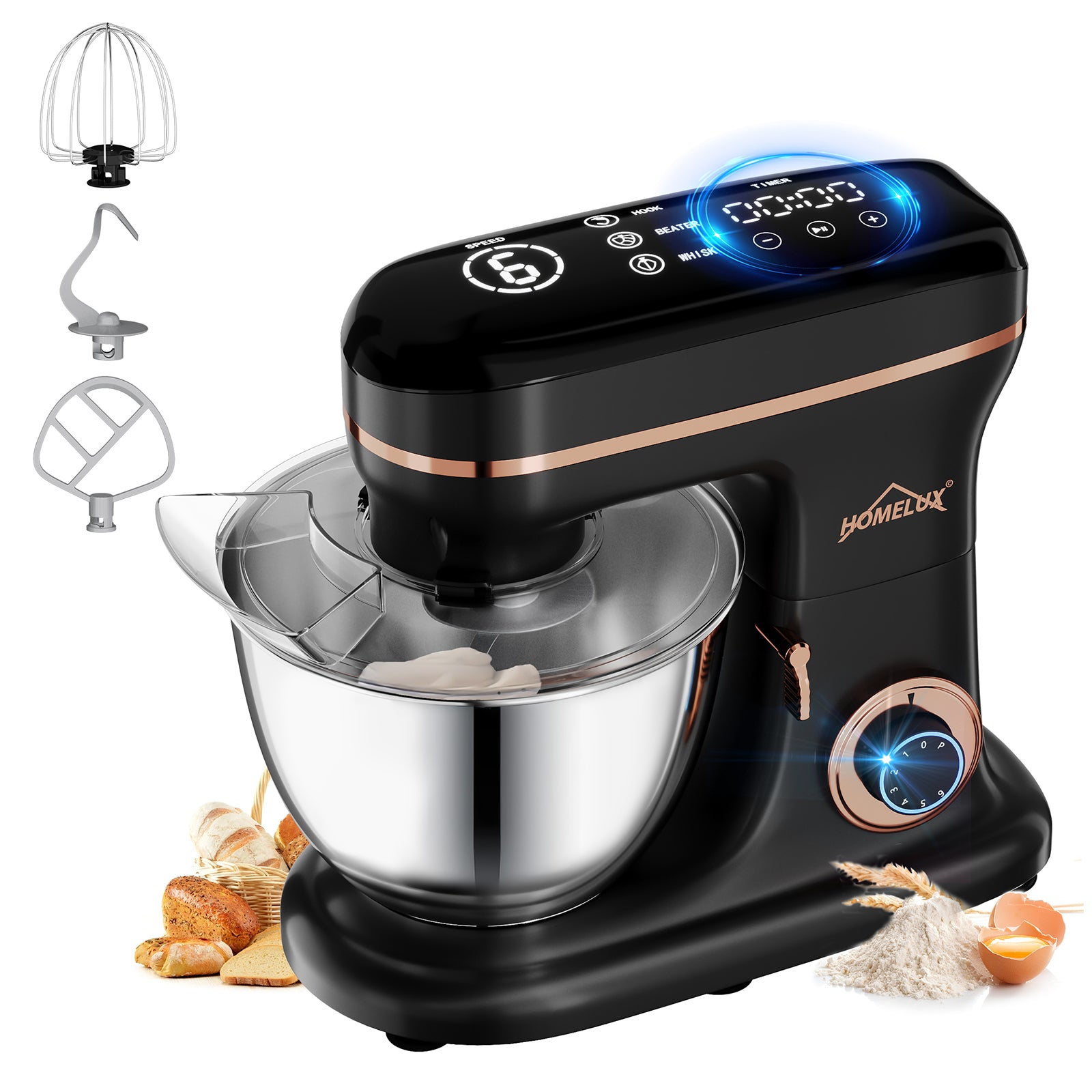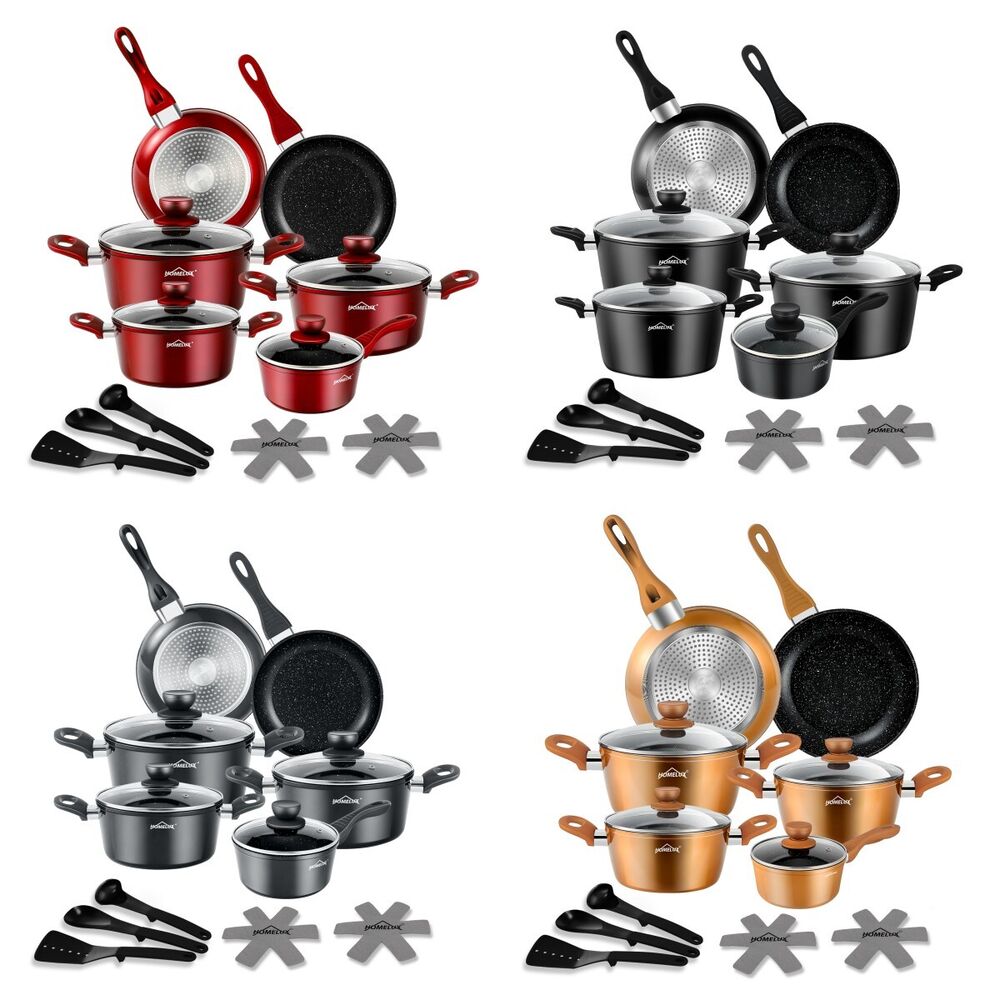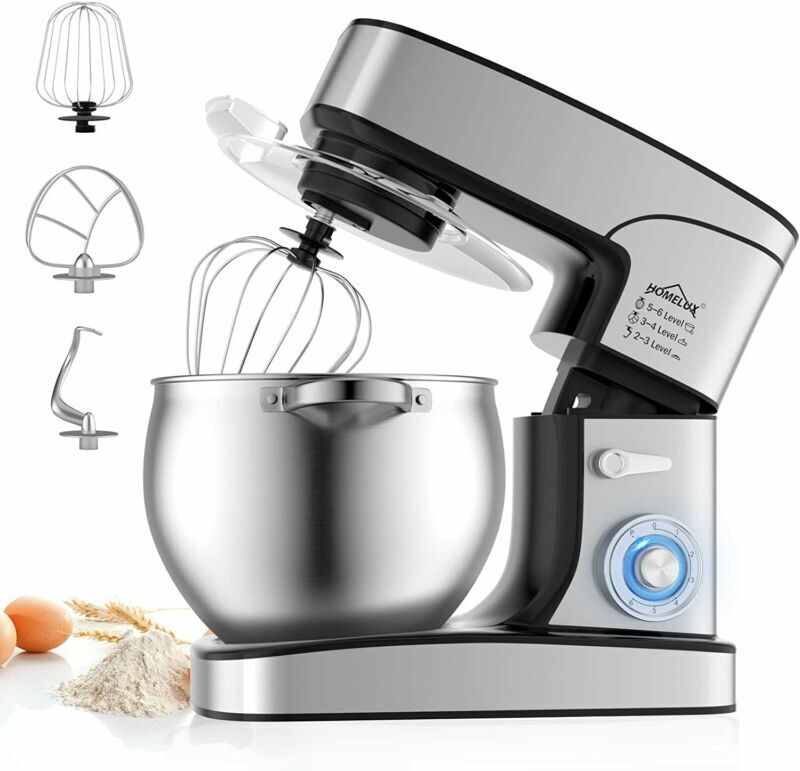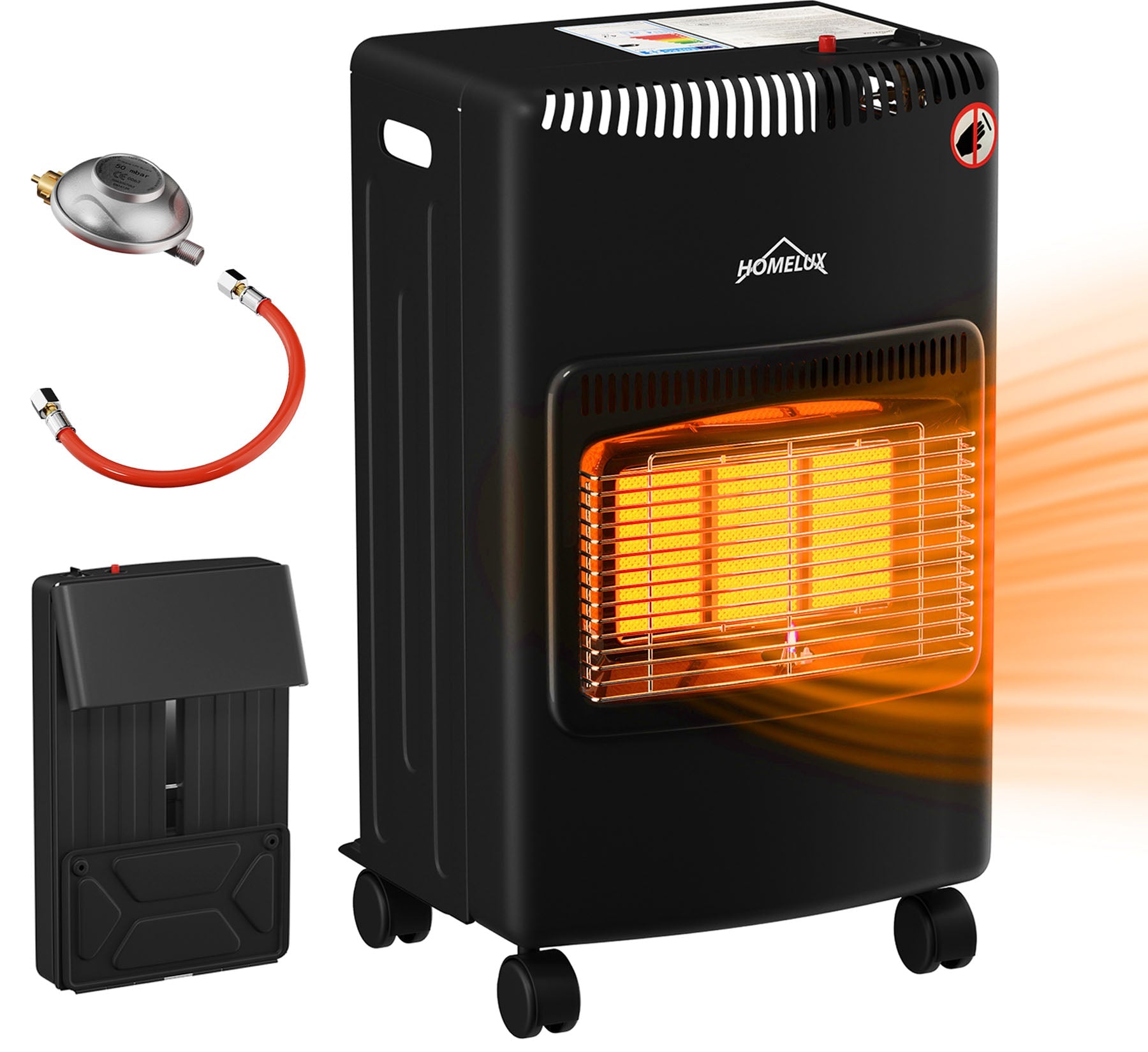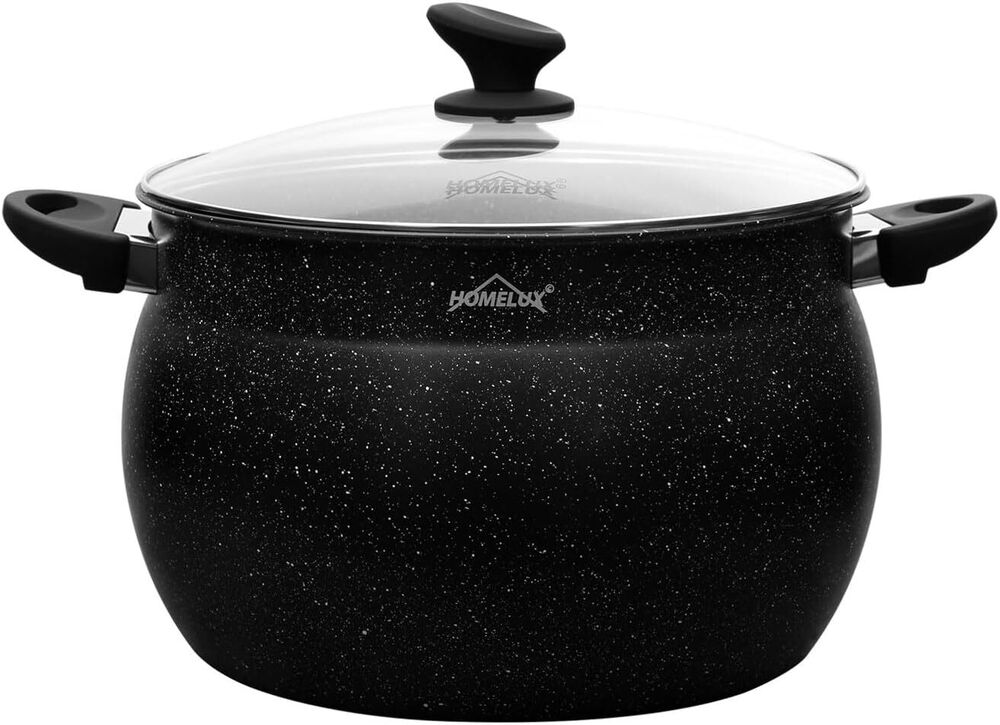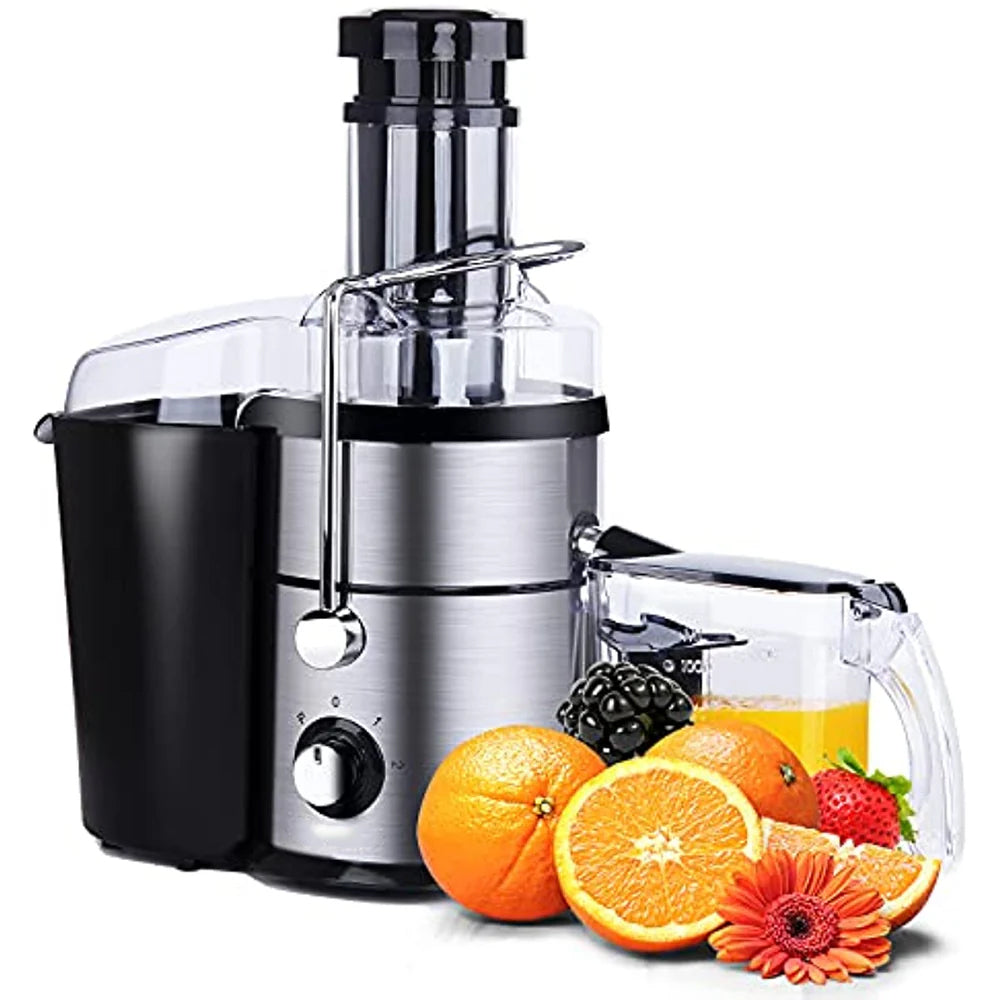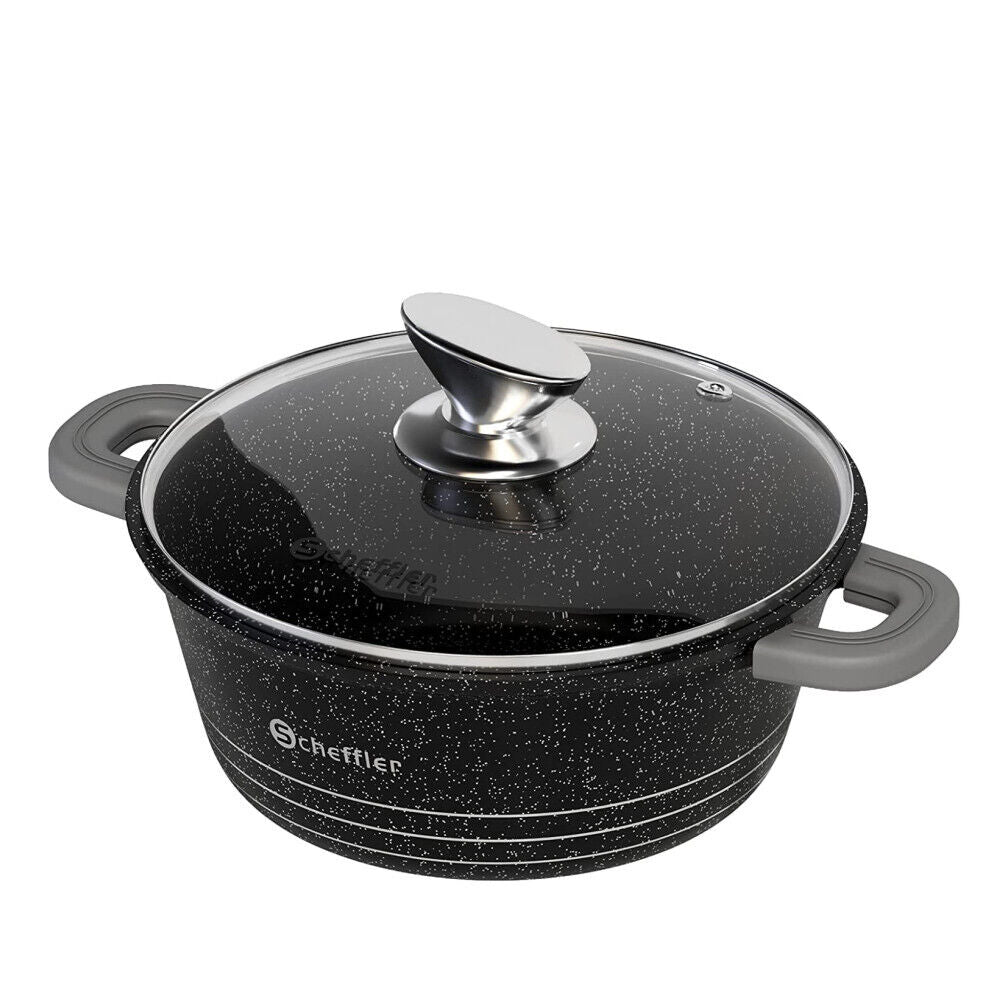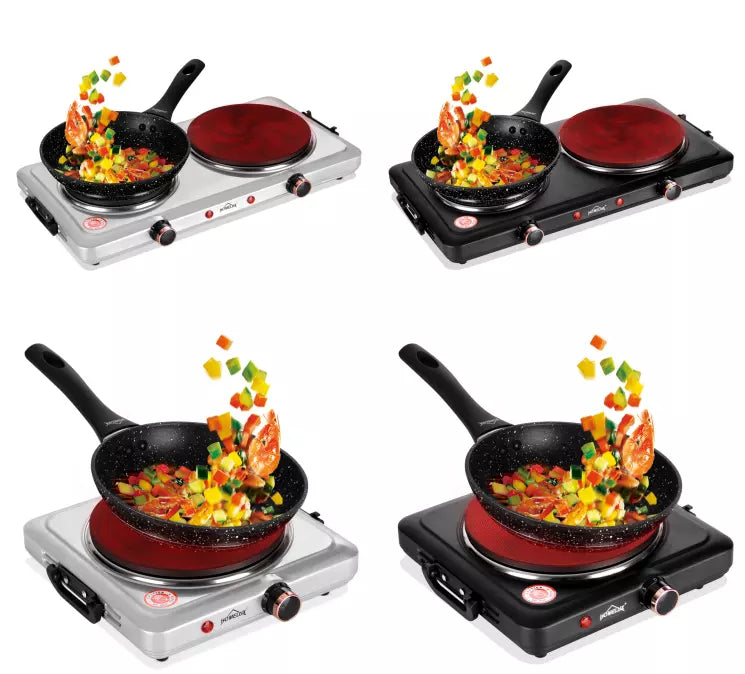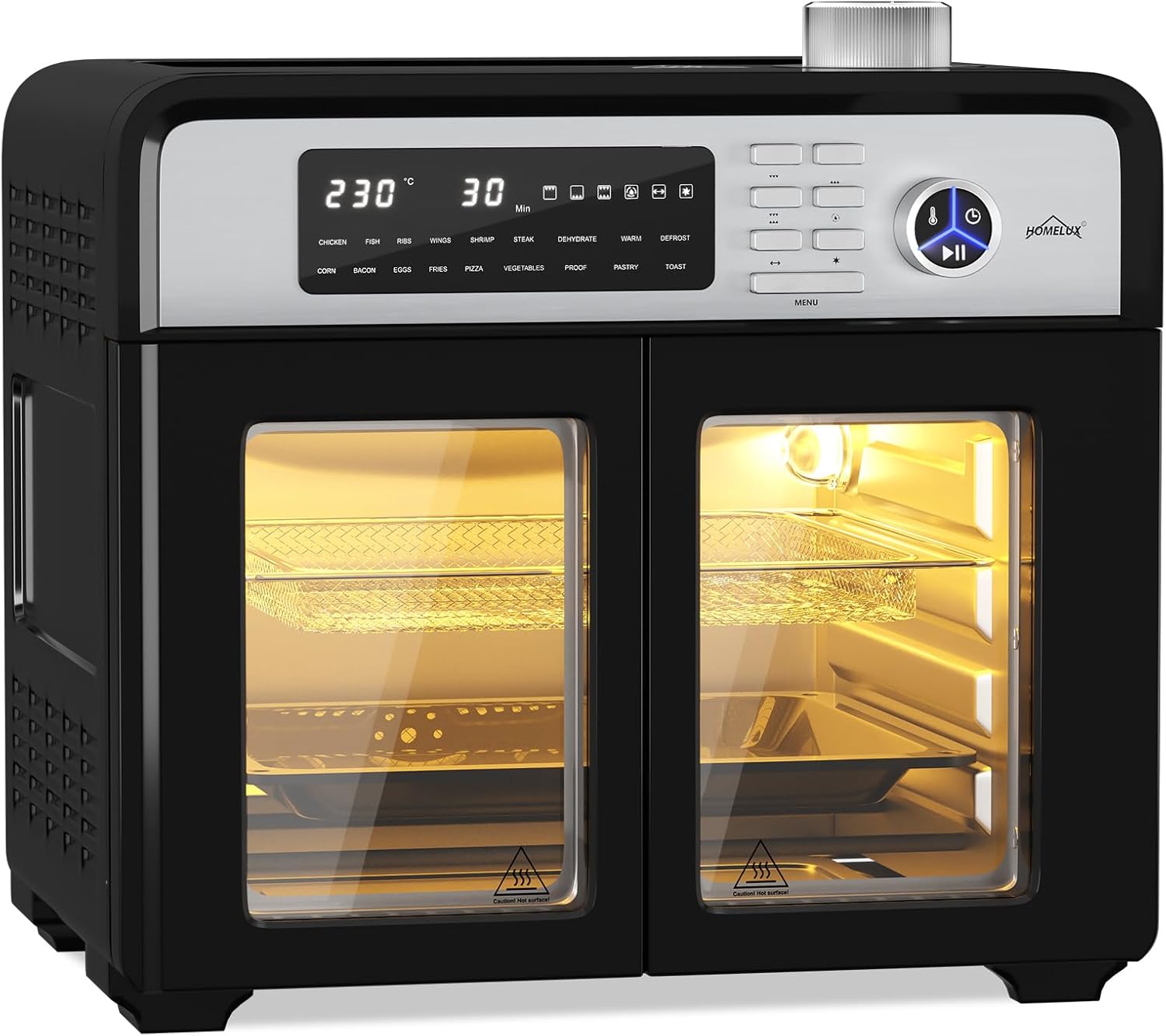Can I meet my fluid needs with soup?
Soup is mostly water, and since we all know that our bodies need adequate amounts of fluids, you might think that soup would be a suitable source of hydration. But as is often the case, there is more to this question than meets the eye.
Why is hydration important?
Before we get into the question of whether soup is a good source of hydration, let's take a look at why hydration is so important in the first place. Our bodies are made up of about 60% water, and this water plays a central role in many vital processes. It helps transport nutrients, regulate body temperature, eliminate toxins, and lubricate joints.
The water content in soup
Soup has a high water content and is therefore generally a good source of fluids. A clear broth, for example, consists almost entirely of water, and creamy soups also contain a significant amount of fluids. Many soups are made with water-rich ingredients such as vegetables, meat, fish or pasta, which can also contribute to fluid intake.
The amount of fluid you take in by eating soup will, of course, depend on the type of soup. A bowl of clear chicken broth will contain more water than a thick lentil soup or a cream soup, which may contain more solids. It is therefore important to consider the type of soup when thinking about its contribution to hydration.
Nutrients and electrolytes in soup
A major benefit of soup as a source of fluids is that it provides not only water, but also a variety of nutrients and electrolytes. Soups based on vegetables, meat or fish are often rich in vitamins, minerals and proteins. Electrolytes such as sodium and potassium, which are common in broths and soups, are especially important for maintaining fluid balance in the body.
Calories and salt content in soup
Although soup can be a good source of fluids and nutrients, there are some issues to consider. Many soups, especially instant soups, contain high amounts of salt and calories. Excessive salt consumption can increase blood pressure and increase the risk of cardiovascular disease.
Soup as part of a balanced diet
Although soup can be a valuable contribution to fluid intake, it should not be the only source of fluid. Water remains the best and easiest way to meet fluid needs as it contains no calories or additives. Other beverages such as unsweetened teas or diluted fruit juices can also contribute to fluid intake, but should be consumed in moderation.
However, soup can be an excellent addition, especially when it's homemade and made from fresh, unprocessed ingredients. Homemade soups offer the opportunity to control salt levels and combine a variety of nutrients from different ingredients.
When is soup particularly useful?
- When ill: Soup can help compensate for fluid and nutrient loss, especially when suffering from fever, diarrhea or vomiting.
- After exercise: A salty soup can help replenish lost electrolytes and fluids.
- In cold climates: Soup can provide both hydration and warmth and is easily digestible.
Questions & Answers
- Can soup really meet your daily fluid needs?
- Yes, soup can help with hydration, but it shouldn't be the only source. It's important to also drink water and other healthy fluids.
- What are the benefits of soup compared to water?
- Soup not only provides fluids, but also nutrients and electrolytes that are important for the body. Soup can be very useful especially in certain situations such as illness or after intense exercise.
- Which soup is best for hydration?
- Clear broths and soups with a high water content are best. Creamy soups and stews contain more solids and less water.
- What should you consider when buying ready-made soups?
- Ready-made soups can often contain high amounts of salt and calories. It is important to pay attention to the ingredients and consume them in moderation.



